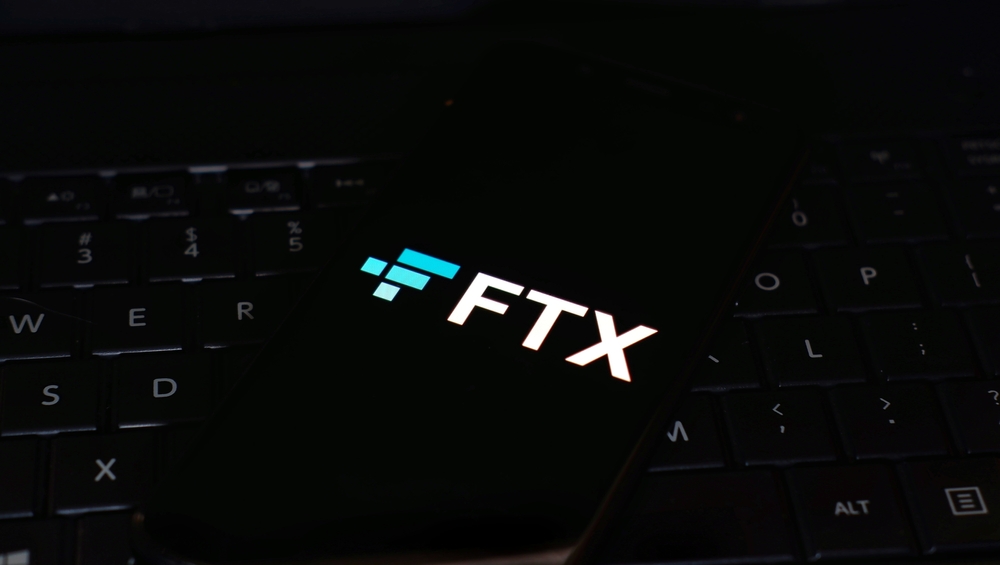The sister exchanges of the bankrupt FTX exchange, FTX Bahamas, and FTX Express Pty Ltd, are all in ruins, FTX Australia on the other hand has something up its sleeve.
Concerns about license registration have surfaced, calling into doubt the firm’s licensing in FTX Australia. This license was recently seized by the Australian Securities and Investments Commission (ASIC).
How Did The ASIC Miss This?
Individuals and analysts were surprised, however, to learn that the Australian firm had a license. This was due to the belief that crypto-related activities were beyond the jurisdiction of Australian crypto regulators.
This also raised questions about how the Australian firm was able to obtain this license to operate and why ASIC had not looked into and investigated this case sooner.
The Australian Financial Services licensing includes directives that instruct firms on specific things to do with clients and their general operations.
The licenses granted vary from company to company, and the rules must be followed depending on how each company is organized.
In the instance of FTX Australia’s licensing, it was authorized to serve as a middleman, effectively managing clients’ affairs when it comes to dealings in foreign exchange.
Till now, cryptocurrency assets are still being debated as to whether or not they qualify as financial commodities; Nevertheless, they can be compared to gold, which isn’t a financial commodity by itself but is designed such that one can be obtained from it.
It’s vital to note that since licensing regulations only apply to financial commodities, no license may be applied to crypto assets if they are not thought of as financial products.
How FTX Australia Got Its License
This would explain why a subsidiary of FTX, the Australian exchange, lacked an AFS license.
The FTX Australia license was initially in the possession of another party in 2008.
The license circulated as ownership changed until it finally fell into the hands of FTX Australia management.
ASIC is also well aware that when a company is bought or sold, the licenses issued to it can change hands. However, ASIC contacted the law, demanding that when a corporation is either bought or acquired, specific checks and instructions be followed regarding the license.
This was approved in 2020, and companies that changed ownership had 30 days to notify ASIC of the change.
